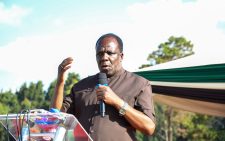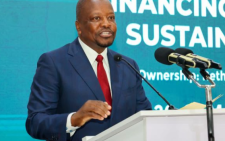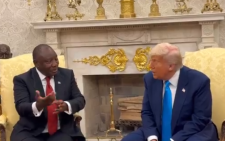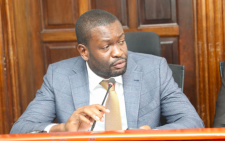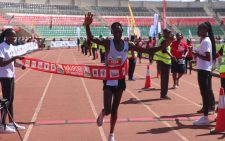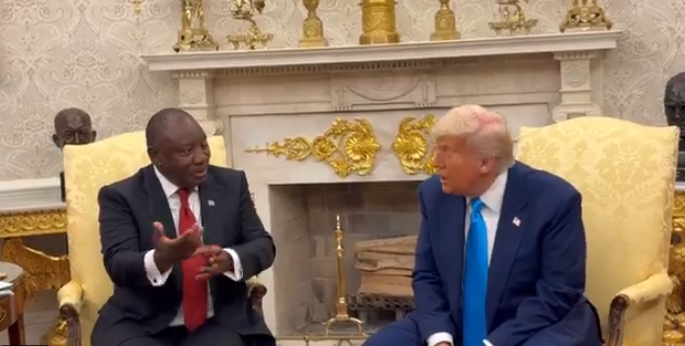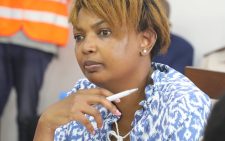Parliament sidesteps Mbadi to amass for itself Ksh7B more
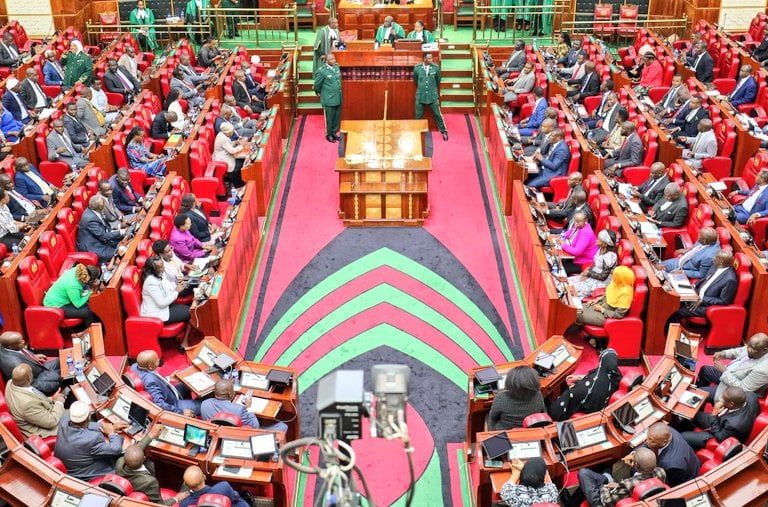
Parliament increased its budget by a whopping Sh7 billion after MPs changed the spending limit set by The National Treasury for the financial year starting July 1.
The National Treasury had through the Budget Policy Statement (BPS) set parliament’s budget for the financial year 2025/2026 at Sh42.88 billion but the Liaison committee chaired by Deputy Speaker Gladys Shollei increased the ceilings to Sh49.48 billion.
In its report on the BPS, the Liaison committee has also proposed an increment of Sh1 billion in the Judiciary vote from the previous allocation of Sh 25.7 billion to Sh26.7 billion while the Ministries, Departments and Agencies (MDA) which are part of the Executive lost Sh46.5 billion from Sh 2.5 trillion proposed by the National Treasury to Sh2.4477 trillion.
Interestingly the MPs have proposed an allocation for the public participation initiatives of Sh3 billion.
National Government Budget
Reads the report: “That this House adopts the Report of the Liaison Committee on the Budget Policy Statement (BPS) for the financial year 2025/2026 and a compendium of Departmental Committee reports on the 2025 BPS, that, the National Government budget ceiling be approved at Sh2,523,474,081,480 of which the Executive gets Sh2,447,236,081,480 Of which: Office of the Auditor General Sh8,652,200,000, Parliament Sh49,488,200,000 and Judiciary Sh26,749,800,000.”
The allocation to County Government Equitable Share, the report says be approved at Sh405,069,420,197, the arrears to the Equalization Fund be set at Sh2,74 billion, the allocation for the County Government Additional allocations be approved at Sh69,802,409,623.
Reads the report: “That, once approved by the House, these recommendations SHALL form the basis for FY 2025/2026 Budget Estimates; consistent with the resolution of the House on the 2025 Medium Term Debt Strategy, the fiscal deficit is maintained at 4.3 per cent of the GDP.”
Under the MDA the biggest losers include the State Department for Medical Services which has lost a whooping Sh73.41 billion from Sh172.6billion proposed in the BPS to Sh99.19.
The most affected vote in the ministry is the vote on general administration whose budget has been reduced from the current allocation of Sh95.5 billion to Sh22.09 billion.
The State Department for Public Health and Professional Standards still under the Ministry of Health has been allocated Sh31.87 billion from Sh31.872 billion.
In this regard, the committee ordered the National Treasury to prioritise increasing budgetary allocations for Universal Health Care (UHC) programs, especially the critical healthcare programs considering the possibility of a reduction in donor funding, and to realise the health sector goals under Bottom-up Economic Transformation Agenda (BETA) plan.
The committee also directed the Social Health Authority (SHA) to launch a nationwide communication campaign to enhance public awareness of all pertinent issues of the scheme to improve public rating and service utilization.
This initiative should leverage multiple channels, including digital platforms, print and broadcast media, and community outreach, to educate citizens on SHA’s benefits, coverage, registration process, and service accessibility.
Reads the report: “THAT, by 30th April 2025, the National Treasury presents a report to the National Assembly on the outcome of engagements with all MDAs that have outstanding debts under the defunct National Health Insurance Fund (NHIF) and develops a structured debt repayment plan for settling the Kshs12.064 billion owed including Work Injury Benefits Act (WIBA), Kenya Police Service and the Civil Servants scheme.”
In February, while appearing before the Committee on Health Medical Service Principal Secretary Harry Kimtai told MPs that the budgetary cuts in the ministry would affect the delivery of services including the fight against HIV/AIDS, issuance of Family Planning Services and Vaccines.
The cuts will also affect the collection of blood, the running of referral hospitals, the provision of primary health care and the implementation of presidential directives.
Deputy President’s increment
He regretted that the ceiling of Sh 172.6 billion is inadequate as they require Sh 426.8 billion to be able to meet various obligations.
The Ministry of Defence also lost a whooping Sh8 billion, the National Police Service lost Sh1 billion from Sh118billion as proposed by the National to Sh117 billion, the State House lost Sh100 million from Sh7.5 billion to Sh7.4 billion, the Office of the Prime Cabinet Secretary Musalia Mudavadi has also lost Sh4 million from Sh930 million to Sh926 million.
National Intelligence Service (NIS) has lost Sh 200 million from Sh52.3 billion proposed by the National Treasury to Sh52.1 billion, and the State Department for Interior has lost Sh 100 million from Sh 118 billion to Sh 117 billion.
The Independent Electoral and Boundaries Commission (IEBC) has maintained its allocation of Sh 39 billion, the State Department for Correctional Services has been allocated Sh38.2 billion, the Office of the Deputy President has received an increment of Sh 100 million from Sh3.3 billion to Sh3.4 billion, Office of the president has maintained its allocation of Sh4.7 billion while the education sector has received very minimal changes in its vote.
Following the move the Liaison committee directed the IEBC to submit to Parliament a comprehensive report detailing all pending bills, including legal fees, election logistics, and other outstanding obligations, for verification and scrutiny.
State Department for Basic Education has lost Sh22 million from Sh149.17 billion to Sh149.14 billion Teachers Service Commission has lost a meagre Sh43 million from Sh382.27 million to Sh382.23 million while the State Department for Higher Education has maintained its allocation of Sh149.8 million.

